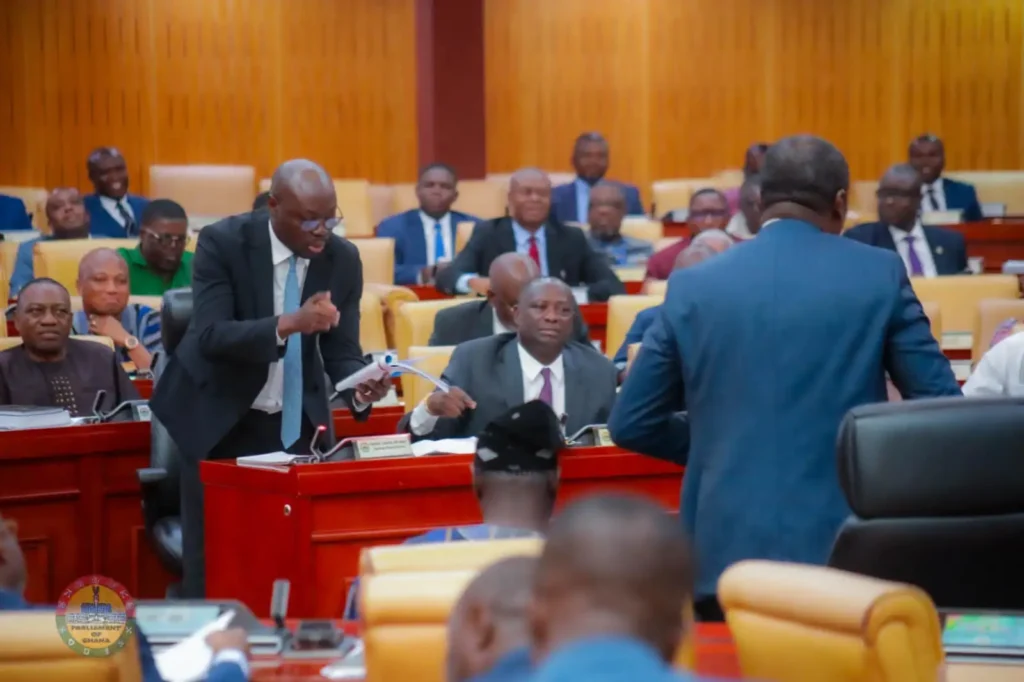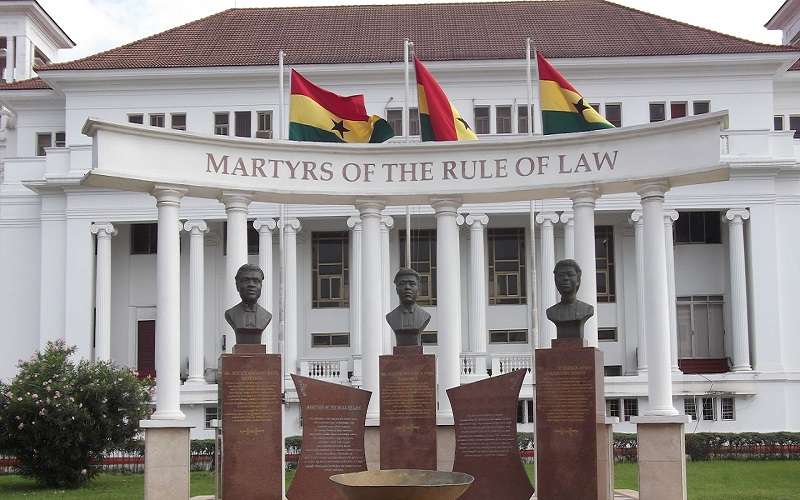Prof. Kwaku Azar Asare, a lawyer and governance fellow at CDD Ghana, has shared his perspective on the Supreme Court’s recent 5-2 decision regarding the vacant seats, suggesting he wouldn’t be surprised if the judgment is only partially correct.
According to Prof. Asare, this skepticism arises from a procedural aspect of judicial decisions.
He explained that typically when a judge determines that the court lacks jurisdiction over a case, that judge does not participate in voting on the substantive matter.
Therefore, the 5-2 split decision may not fully reflect the positions of all judges on the core issue.
“If this thinking prevails, then what we are likely going to have is a 5-2; 5-0 decision. That is, 5-2 on jurisdiction, and 5-0 on the substantive matter.
“Second, I’ve read some pundits raise questions about how an MP’s seat could be vacated in a future Parliament. Based on this, they have questioned the Court’s decision. Let us be careful. Nobody has said that a seat will be vacated in a future parliament. The future parliament angle is a red herring”.
Prof. Kwaku Azar Asare
Prof. Asare further explained that, based on a comprehensive interpretation of Article 97(1)(g) and (h), the Court might conclude that an MP must vacate their seat if they switch parties and intend to remain in Parliament under that new affiliation.
He emphasized that, in essence, MPs cannot alter the outcome of a general election by switching sides.
The governance expert noted that Parliament currently stands at a 50-50 balance.

To illustrate, he explained that if a member of the “Blue Party” switches to the “Green Party” and seeks to remain in Parliament, this shift would change the balance to 49-51.
Asare emphasized that such a move is not permitted, and the member must vacate their seat. “If he is a partisan MP, he’s caught by article 97(1)(g) [and] if he’s an independent, he’s caught by article 97(1)(h)”.
In a different example, Prof. Asare explained that if Parliament is at a 50-50 balance, and a member of the “Blue Party” files for re-election under the “Green Party” to serve in the next Parliament, Parliament remains at 50-50.
In this case, Asare affirmed that the member is allowed to do so and does not need to vacate their seat. “Article 97 does not care about what one plans to do in a future parliament!!”
Altered Election Results to Trigger Vacation of Seats
Furthermore, Prof. Kwaku Azar Asare suggested a straightforward test to determine if an MP’s actions would trigger Article 97(1)(g) or (h).
He explained that if an MP’s actions do not alter the outcome of the previous election—for example, a 50-50 balance in Parliament—then these provisions are not invoked.

In other words, as long as the election result remains unaffected, the MP is not required to vacate their seat under these articles.
He emphasized that ultimately, all individuals, including sitting MPs, retain the freedom to contest future elections on any platform of their choice.
This, he noted, allows for political mobility in future elections without risking one’s current seat in Parliament, as Article 97 does not apply to intentions for the next term.
“MPs are not mandated to run on the same ticket in the future and are not required to vacate their seats merely because they want to enter a new parliament in a new jersey.
“To hold otherwise, will be to say once voters elect an MP, they also shrink the option set available to the MP-elect in the next parliament”.
Prof. Kwaku Azar Asare
He emphasized that placing such restrictions on MPs would be highly detrimental to a democratic system, as it would limit political flexibility and could undermine the democratic process itself.
Prof. Asare went on to commend the Electoral Commission’s decision to resume the ballot printing process.
He argued that the earlier pause was unwarranted, so he is pleased to see it back on track.
He also pointed out that the ballot order remains fixed, ensuring clarity and consistency as the electoral process moves forward.























